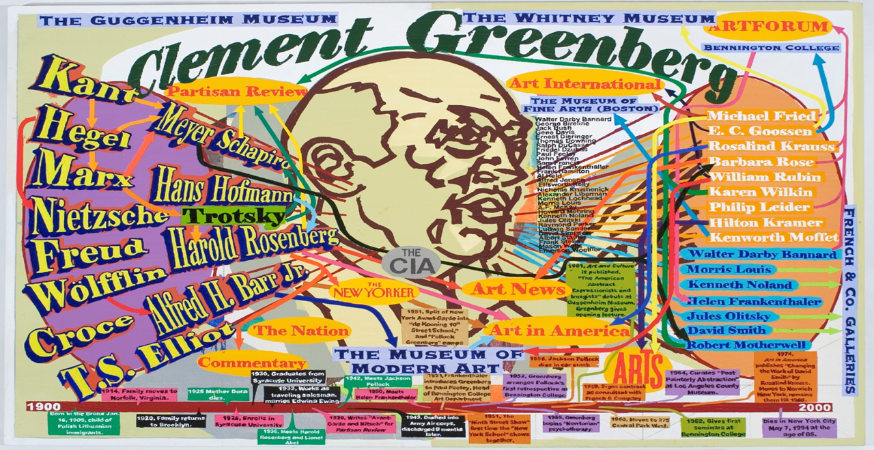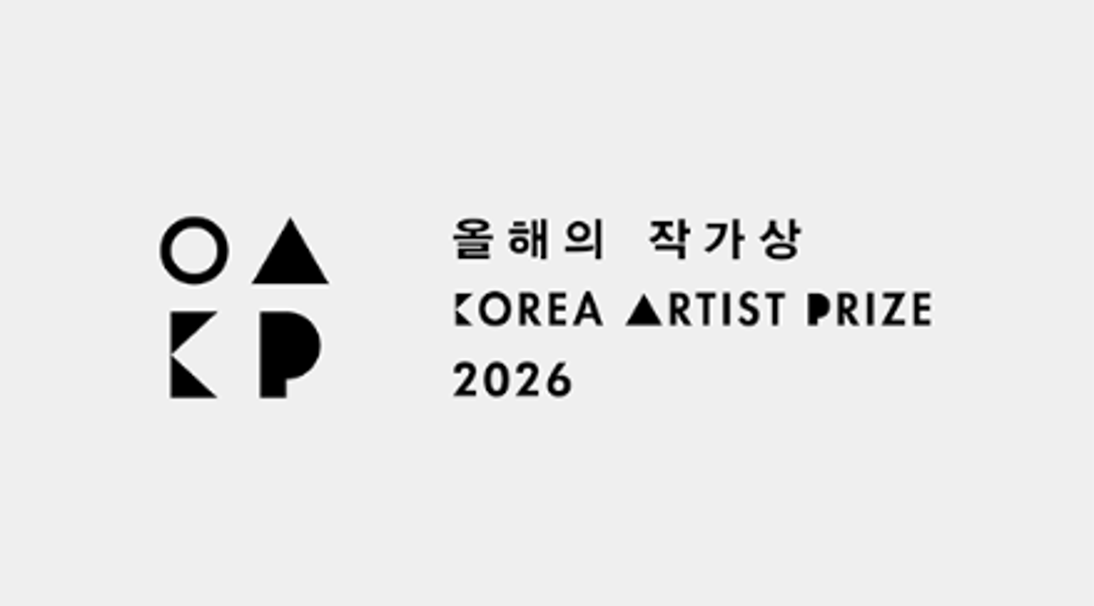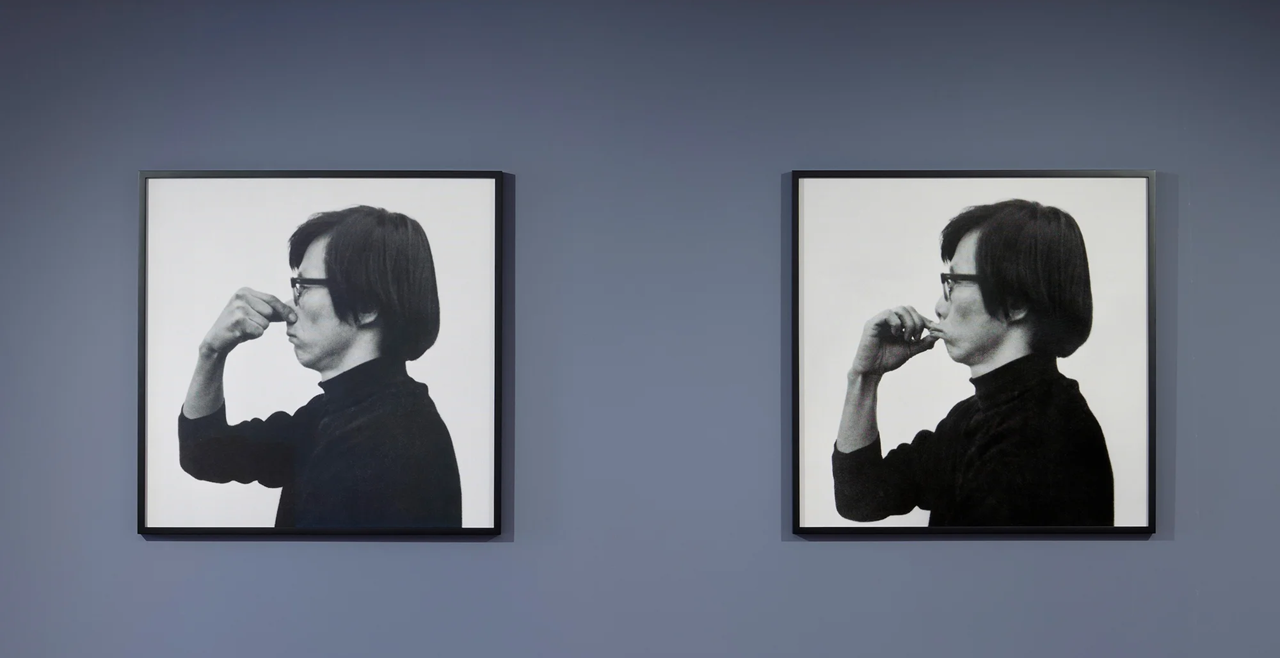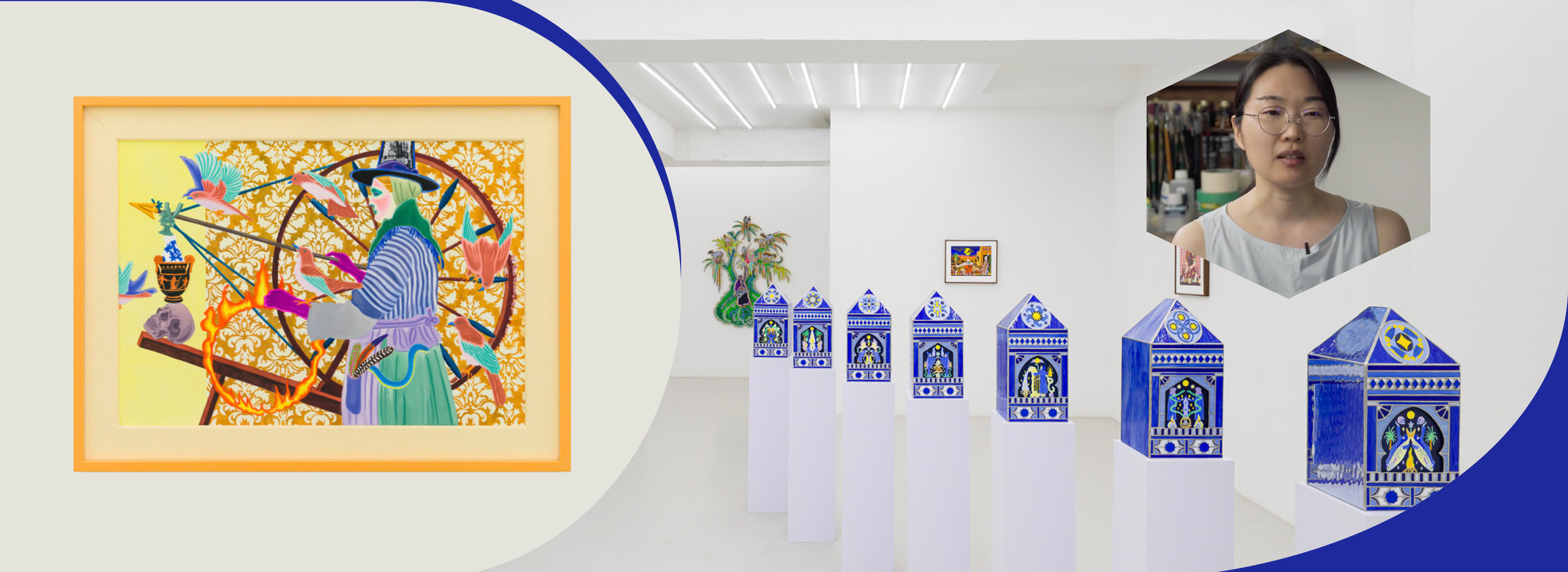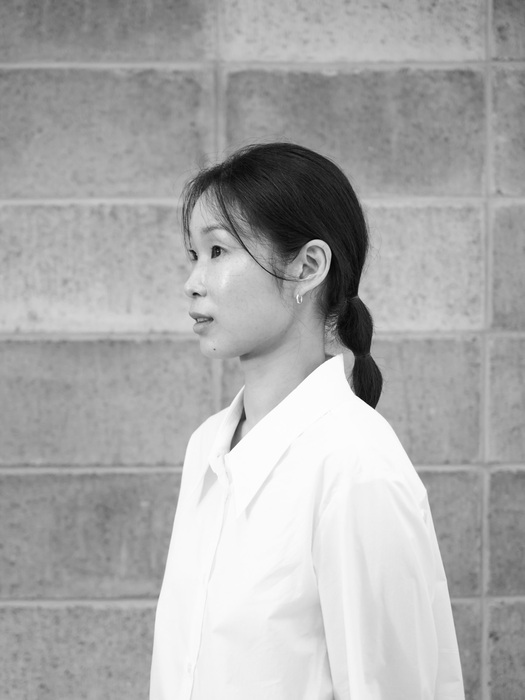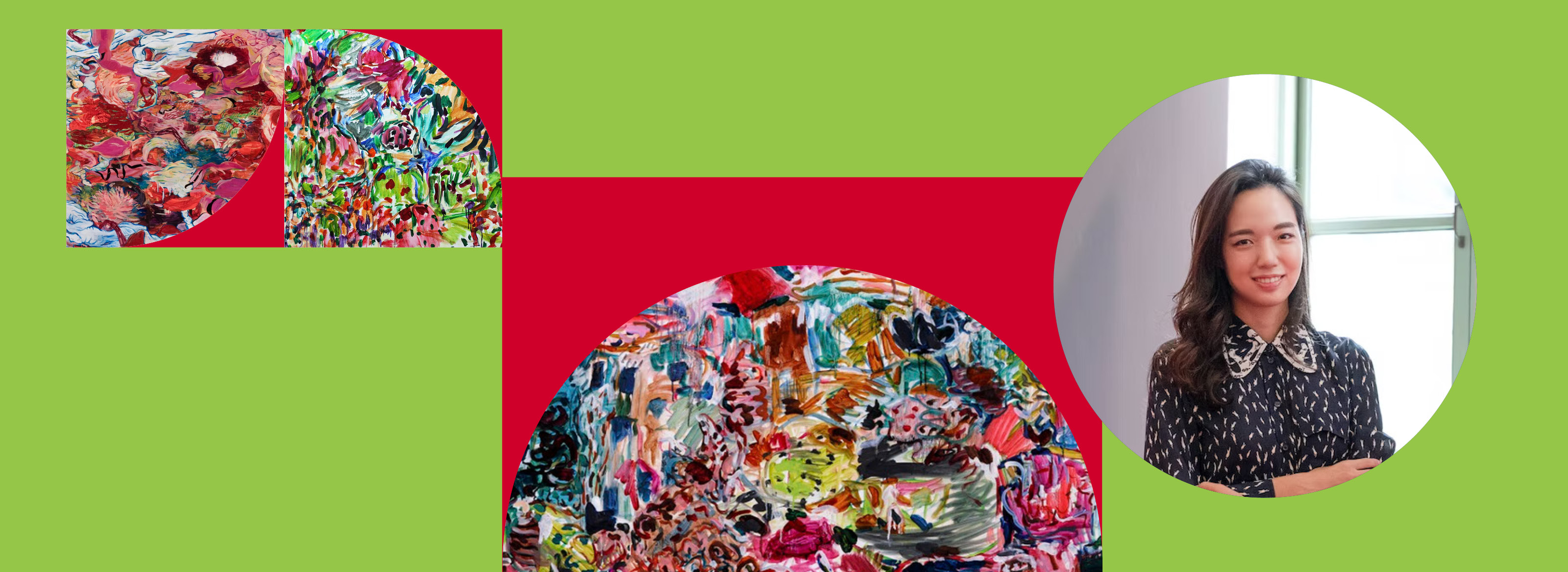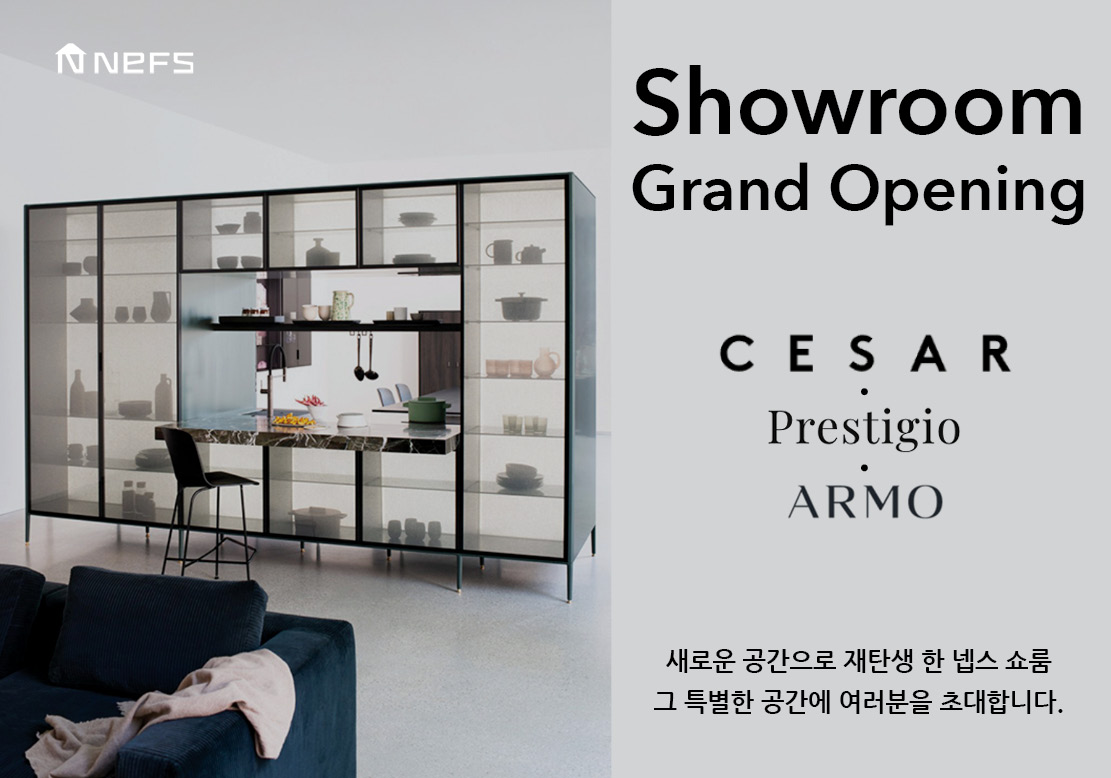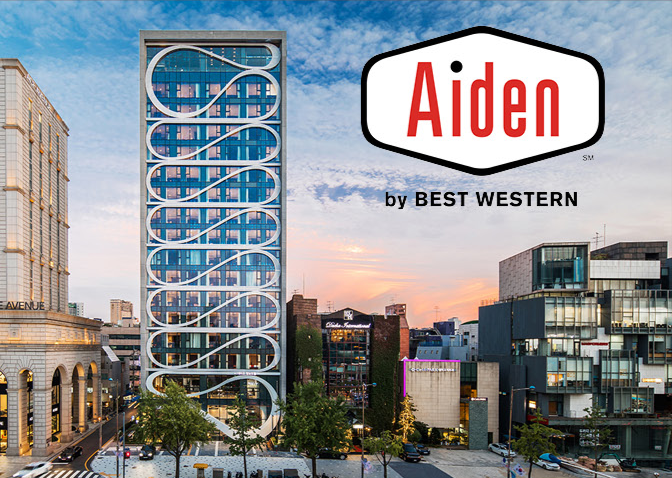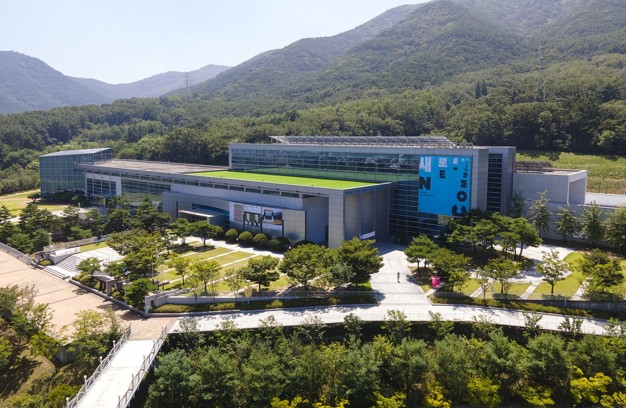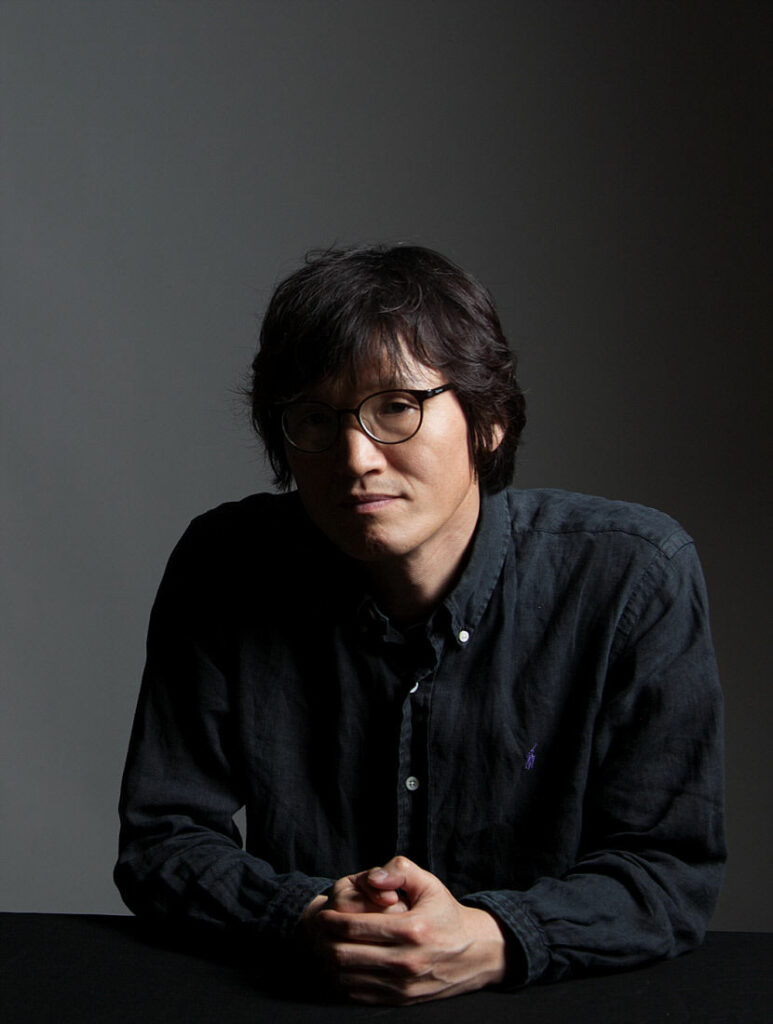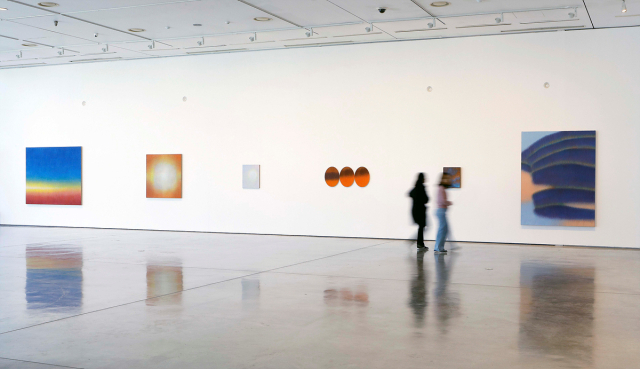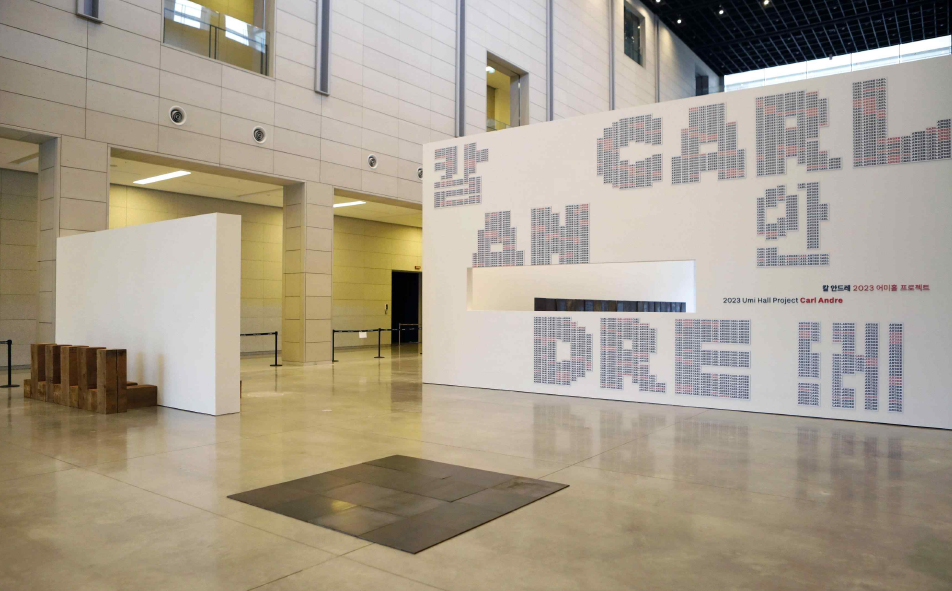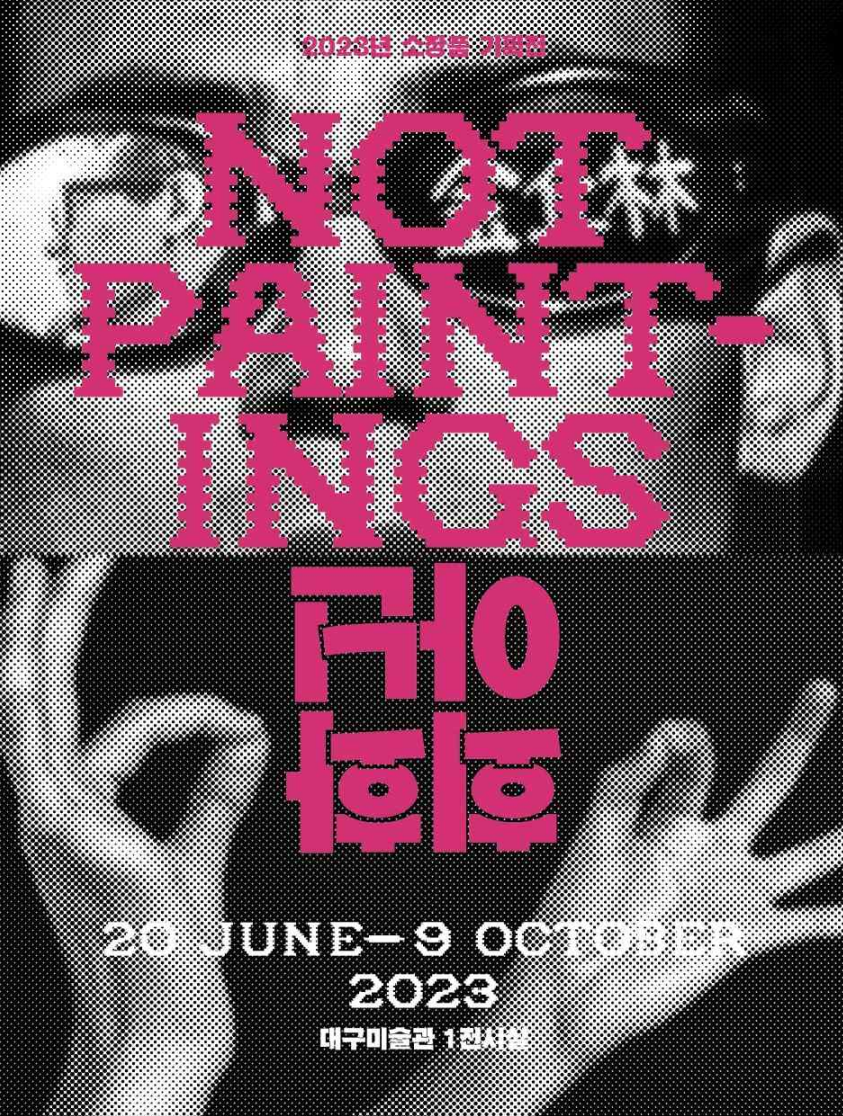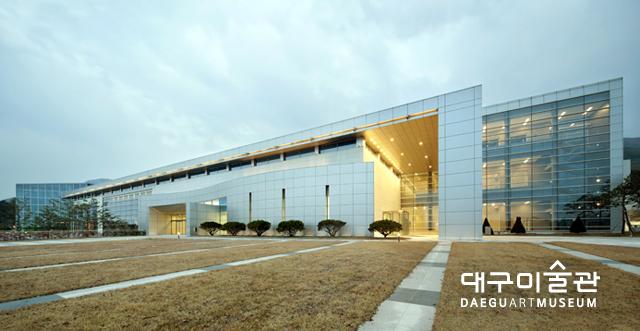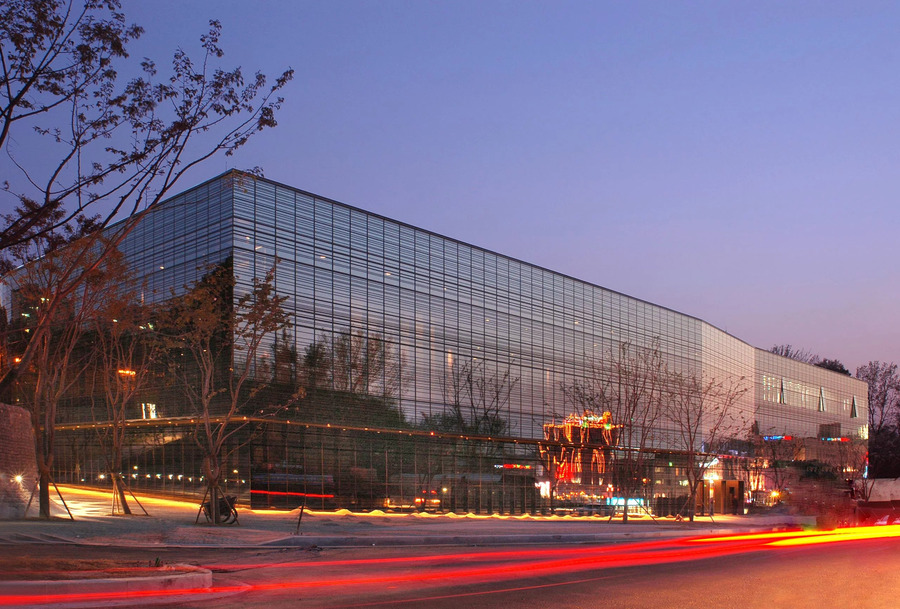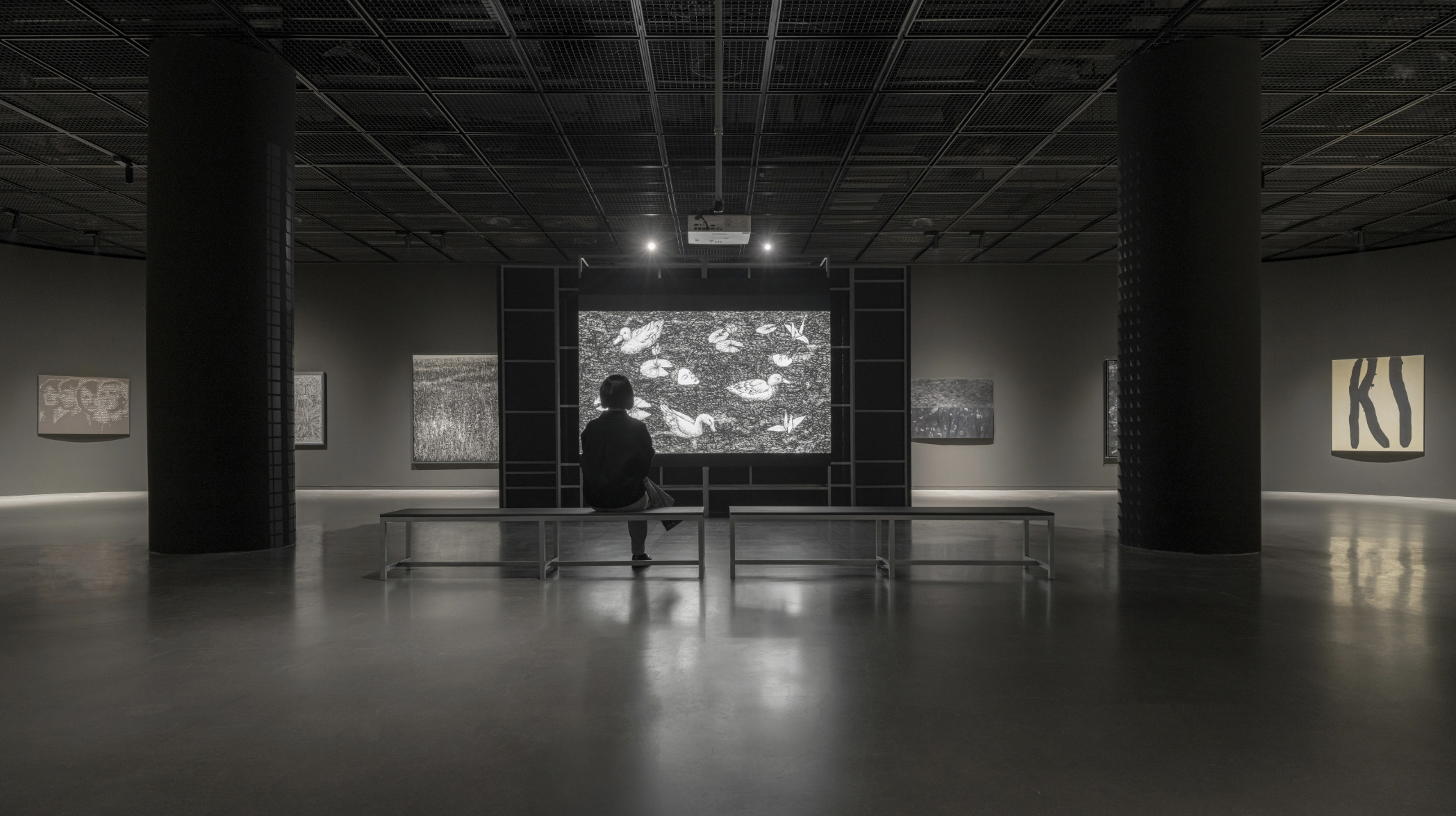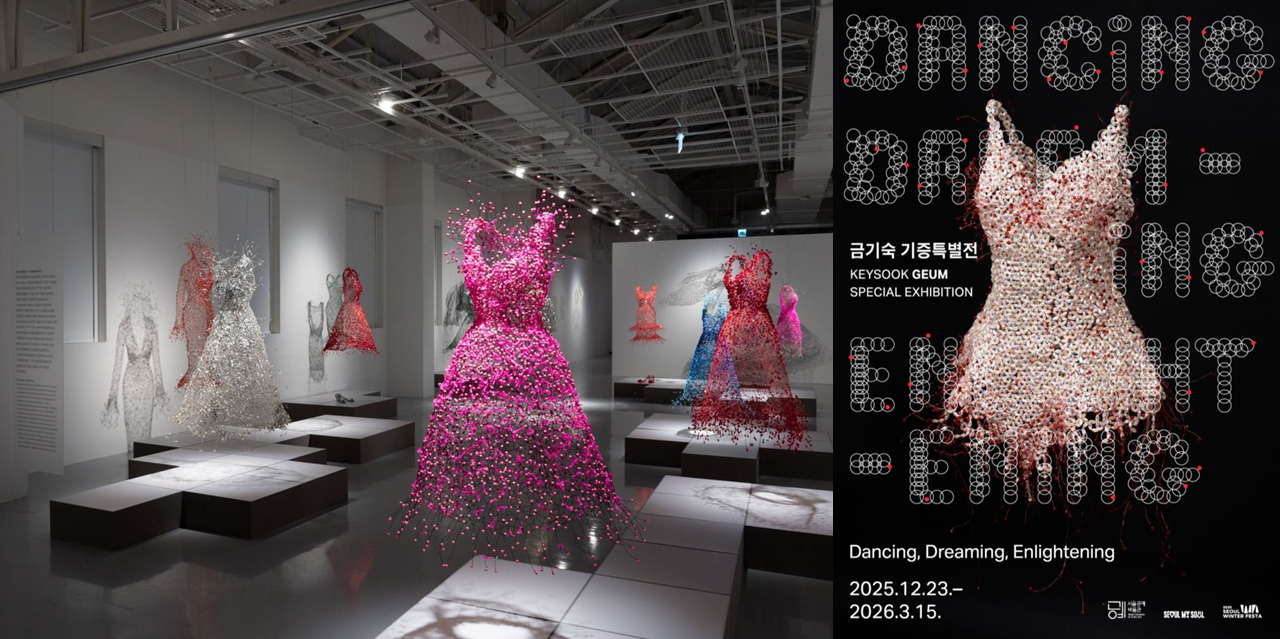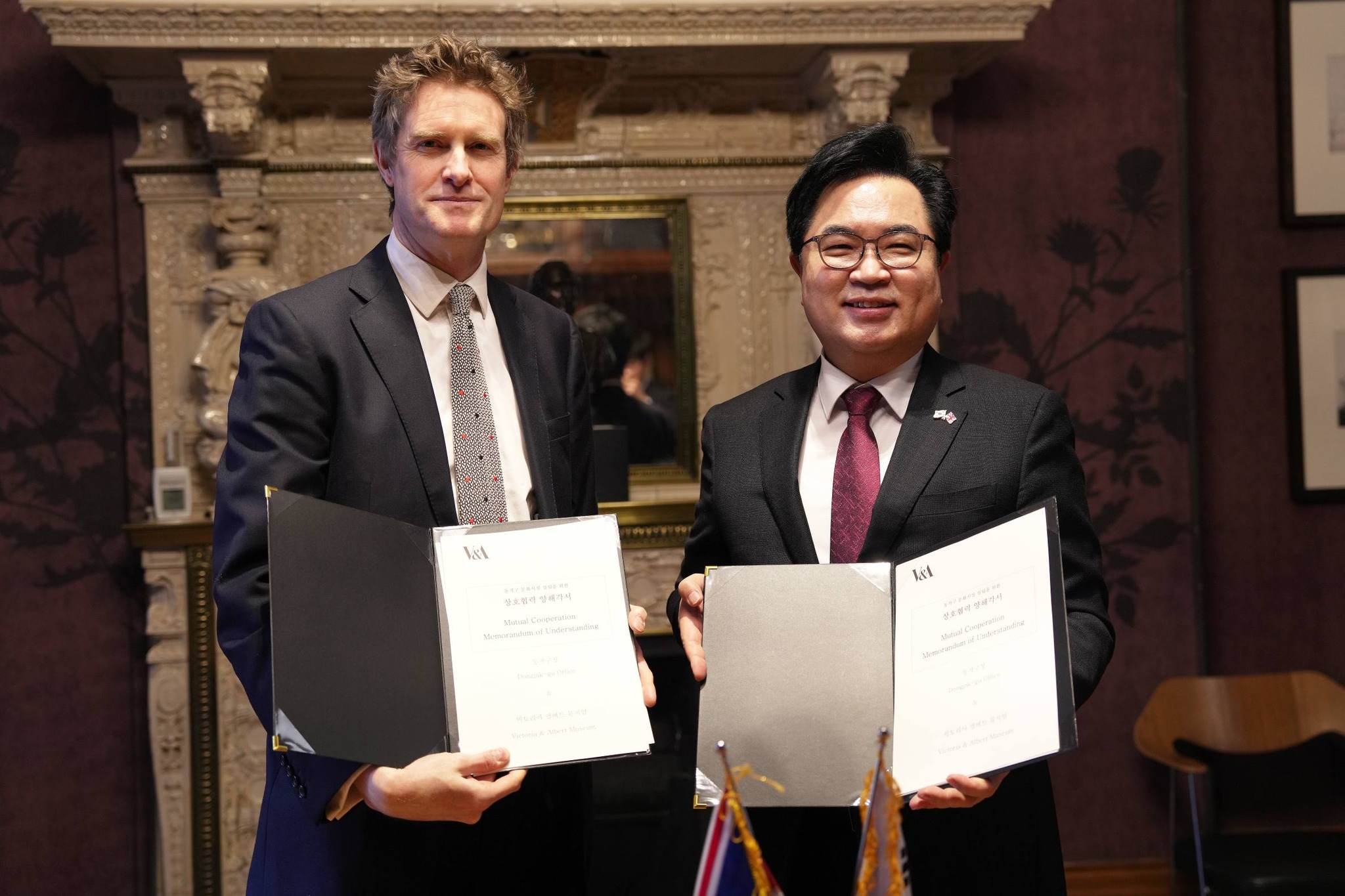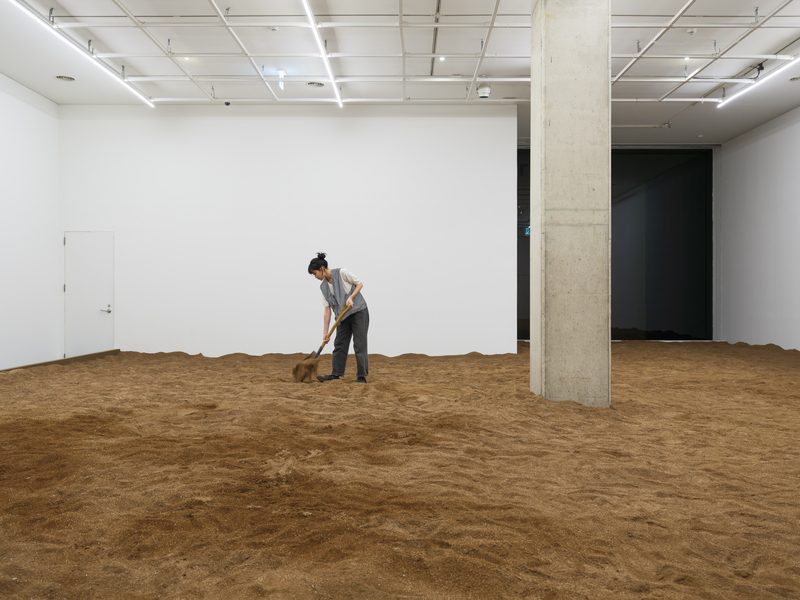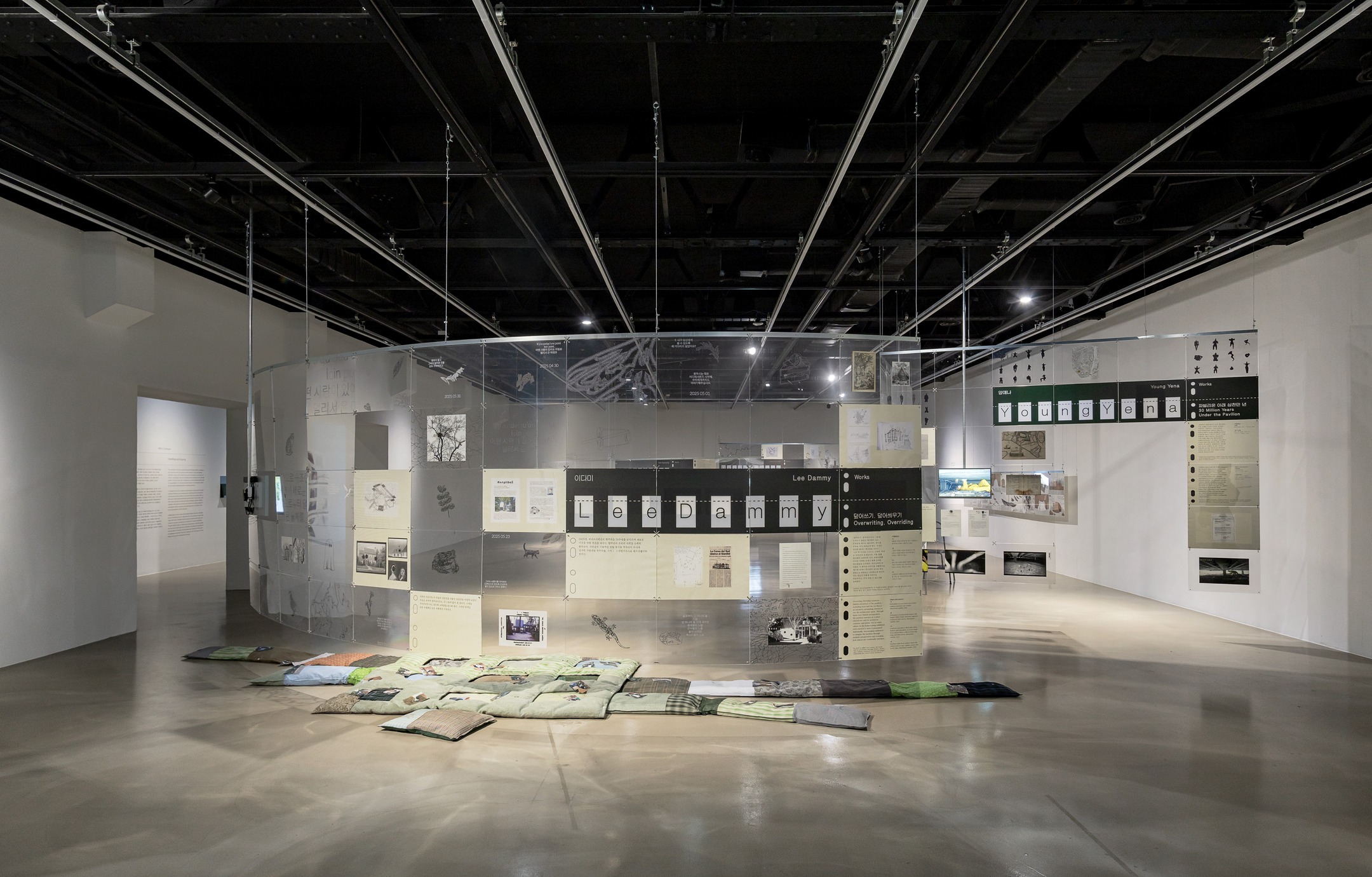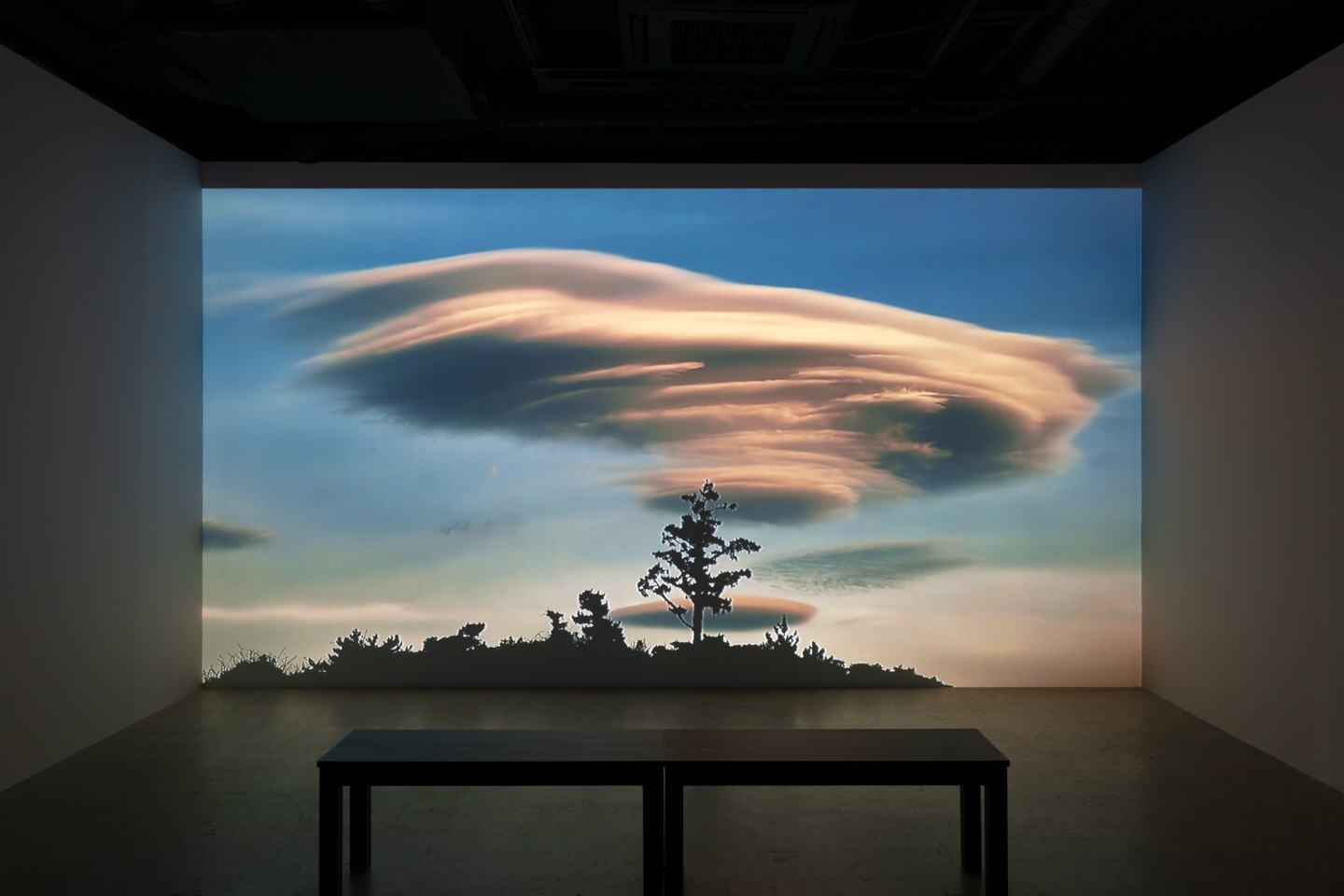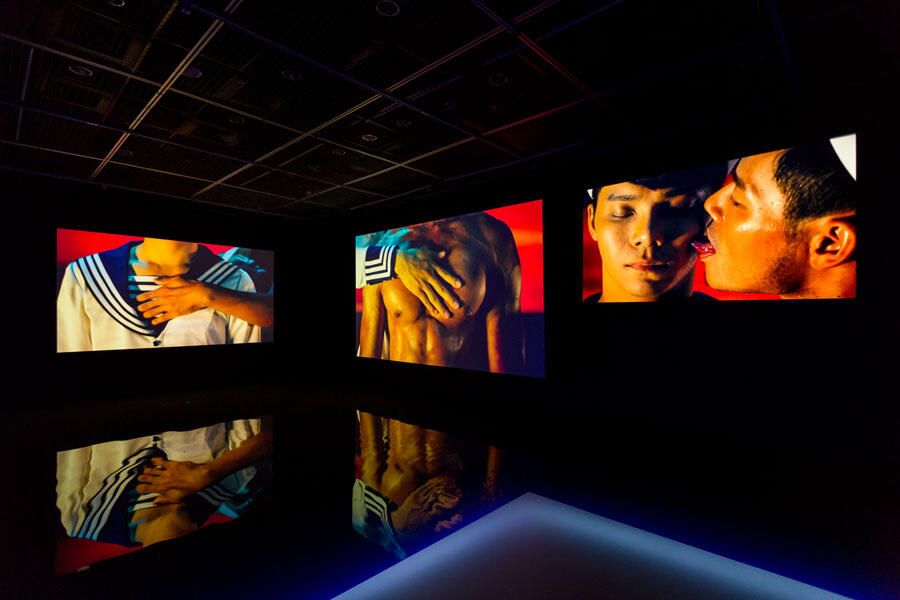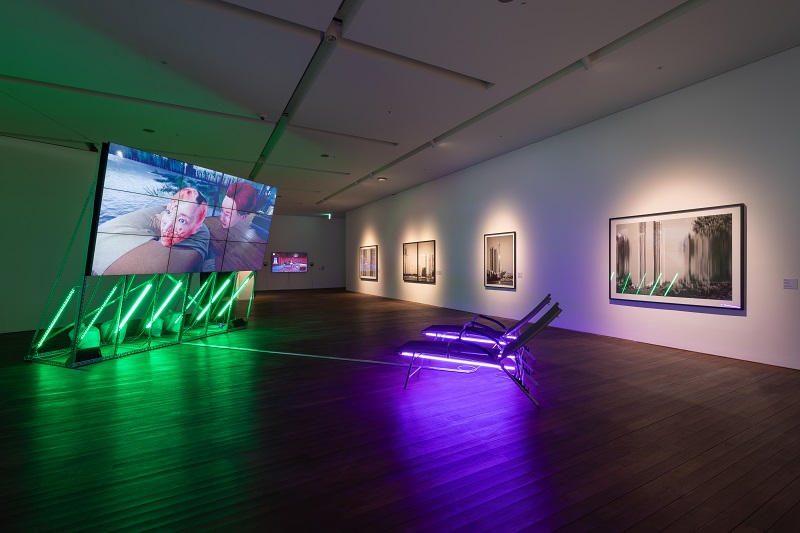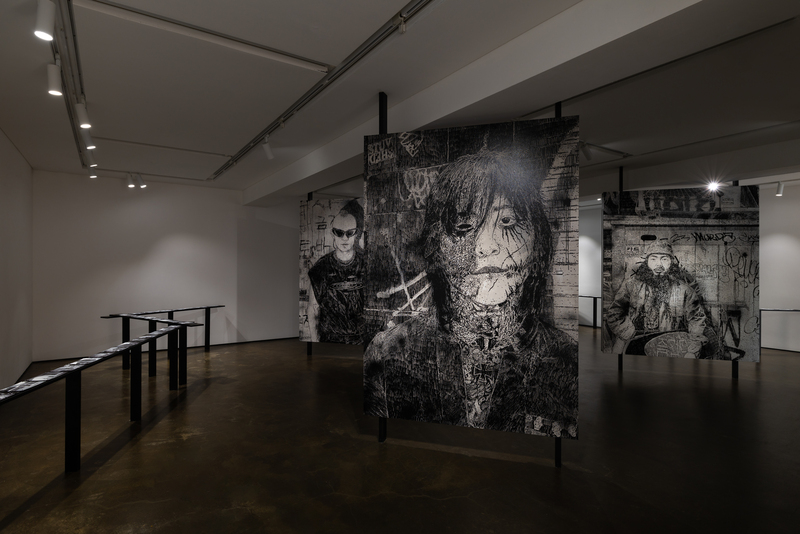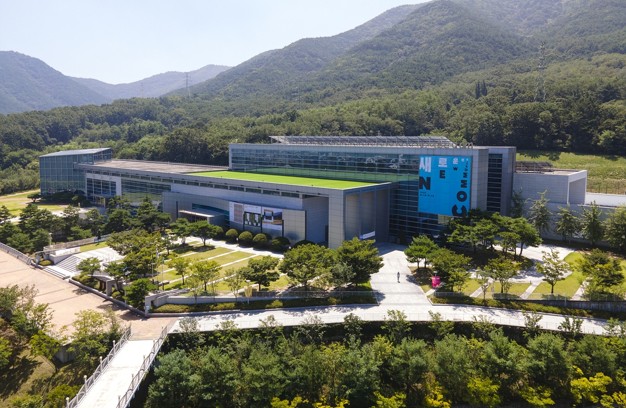
Daegu Art Museum Exterior / Provided by Daegu Arts & Culture Foundation
On January 13, 2025, Daegu Art
Museum inaugurated its new annex, marking a significant expansion of
its space and functions. This development not only enhances its research,
education, and exhibition capabilities but also solidifies its identity by
offering permanent exhibitions and a curated display of its collection,
allowing for a deeper exploration of the regional art scene.
Notably, in February, the museum will
host an exhibition focusing on Daegu’s art scene in the 1980s,
presenting an opportunity to reaffirm the significance of regional art within
the broader context of Korean contemporary art history.
New Spaces, Enhanced Functions
Since its opening in 2011, Daegu Art
Museum (17,240㎡) has been operating
within its main building. Now, with the addition of a new annex (4,461㎡, B1–2F), the museum significantly expands its capacity. The annex
includes a permanent exhibition hall, an open storage facility, educational
rooms, and a screening room, providing visitors with a multi-layered
artistic experience.
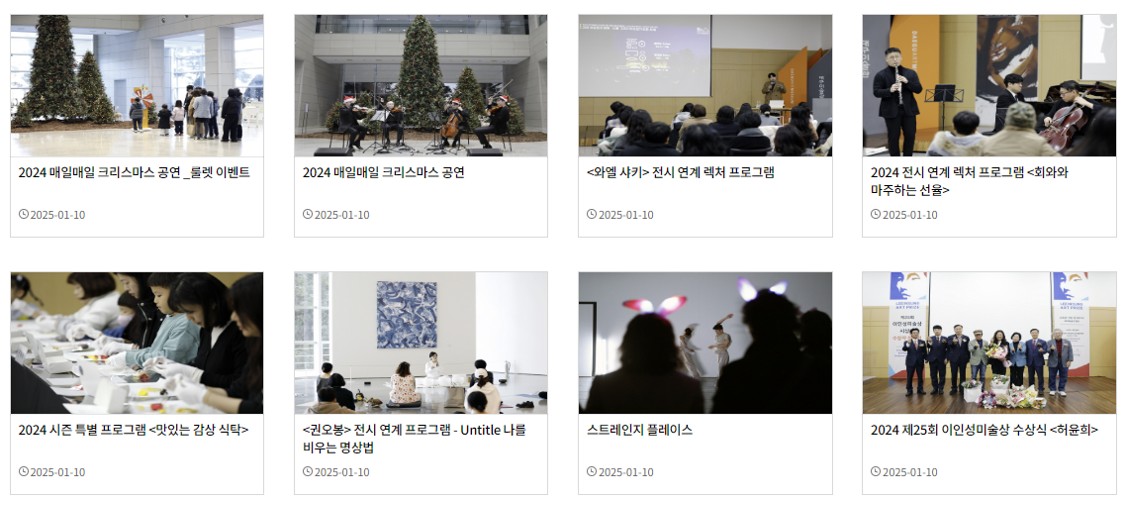 Exhibitions and Various Events at the
Museum / Screenshot from the Daegu Art Museum Website
Exhibitions and Various Events at the
Museum / Screenshot from the Daegu Art Museum Website
2025 Exhibition Highlights: A Special
Focus on Regional Art
To mark the opening of the annex,
Daegu Art Museum presents a series of major exhibitions:
- Collection Highlights: 《Everything
Changes. Everything is Connected. It Goes on Forever. 》
- Permanent Exhibition: 《The Flow of
Modern Painting in Daegu》
- Daegu Forum IV: "Daegu Art
1980-1989, To Figuration》 (Feb 25 – Jun 22)
A key highlight of the museum’s February
lineup is the exhibition 《Daegu Art
1980-1989, To Figuration》 which takes an
in-depth look at Daegu’s art scene during the 1980s. This exhibition explores the
shift toward symbolism, figuration, and expression in regional art,
highlighting the decade’s pivotal role as a bridge between modern and
contemporary Korean art and the emergence of postmodernism.
Exhibition Overview
- Exhibition Period: February 25 – June 22, 2025
- Venue: Daegu Art Museum, Exhibition Halls 2 & 3
- Participating Artists: Kwon Young-sik, Kim Kwang-bae, Kim Chang-young, Noh
Won-hee, Noh Tae-woong, Ryu Sung-ha, Park Yong-jin, Park Il-yong, Park Hyun-ki,
Byun Jong-gon, Song Kwang-ik, Yang Ho-kyu, Lee Kang-so, Lee Guk-bong, Jung
Byung-guk, Jung Il, Jung Ha-soo, Choi Wook-kyung, Hong Chang-ryong, Hwang
Hyun-wook (20 artists in total)
- Composition: 70+ works including paintings, prints, and video art;
100+ archival materials
- Guest Curator: Art Critic Kim Young-dong
The 1980s was a transformative
era for Korea, marked by the collapse of the Yushin regime, the emergence
of a new military government, and waves of pro-democracy movements. The decade
saw rapid economic growth and urban development, accompanied by both
societal progress and internal conflicts. These shifts significantly
influenced the art scene in Daegu, where artists actively engaged with their
surroundings, reflecting their lived experiences through a revival of
figuration and symbolic representation—a departure from the dominance of
formalism and conceptual art in the Korean art scene.
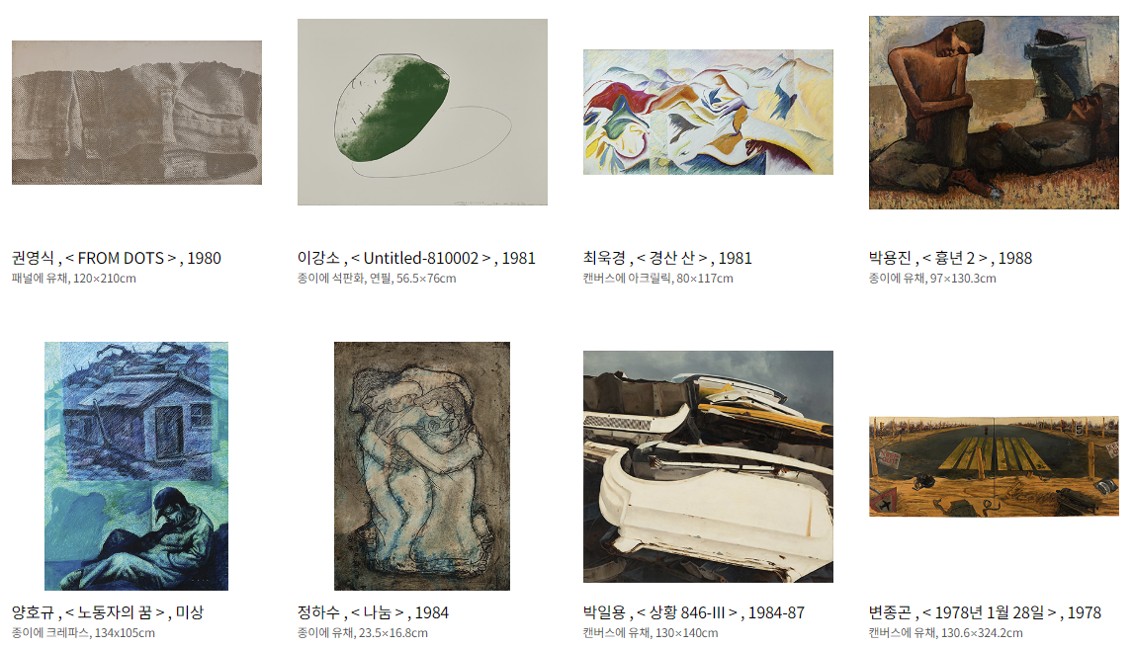 Screenshot
from the Daegu Art Museum Website
Screenshot
from the Daegu Art Museum Website
By presenting paintings, drawings,
prints, videos, and historical archives, the exhibition aims to reassess
the contributions of Daegu’s artists within the broader Korean art narrative.
It also showcases significant historical moments and major developments in
Daegu’s art community during the 1980s, encouraging a deeper understanding of regional
art as an integral part of Korea’s contemporary art evolution.
Daegu Art Museum’s Vision:
Strengthening Its Role as a Cultural Hub
Following the annex opening, Daegu Art
Museum will reinforce its status as a leading cultural hub by:
- Expanding partnerships, including a marketing collaboration with Kansong
Art Museum
- Hosting over seven major exhibitions
annually
- Launching a membership program to enhance community engagement
Additionally, the museum plans to
expand its education programs, fostering greater interaction between the
public and contemporary art.
Daegu Art Museum Director Roh
Jung-ki stated, “With the expansion of our space and functions, we are
committed to providing the public with richer and more diverse artistic
experiences. Our goal is to establish Daegu Art Museum as a platform that
connects the region with the global art scene.”
With its annex opening and an
in-depth exploration of 1980s Daegu art, Daegu Art Museum is poised to redefine
its role—not just as an exhibition space, but as a cultural institution that
strengthens the identity of regional art and elevates its position within the
Korean and global contemporary art landscape.



